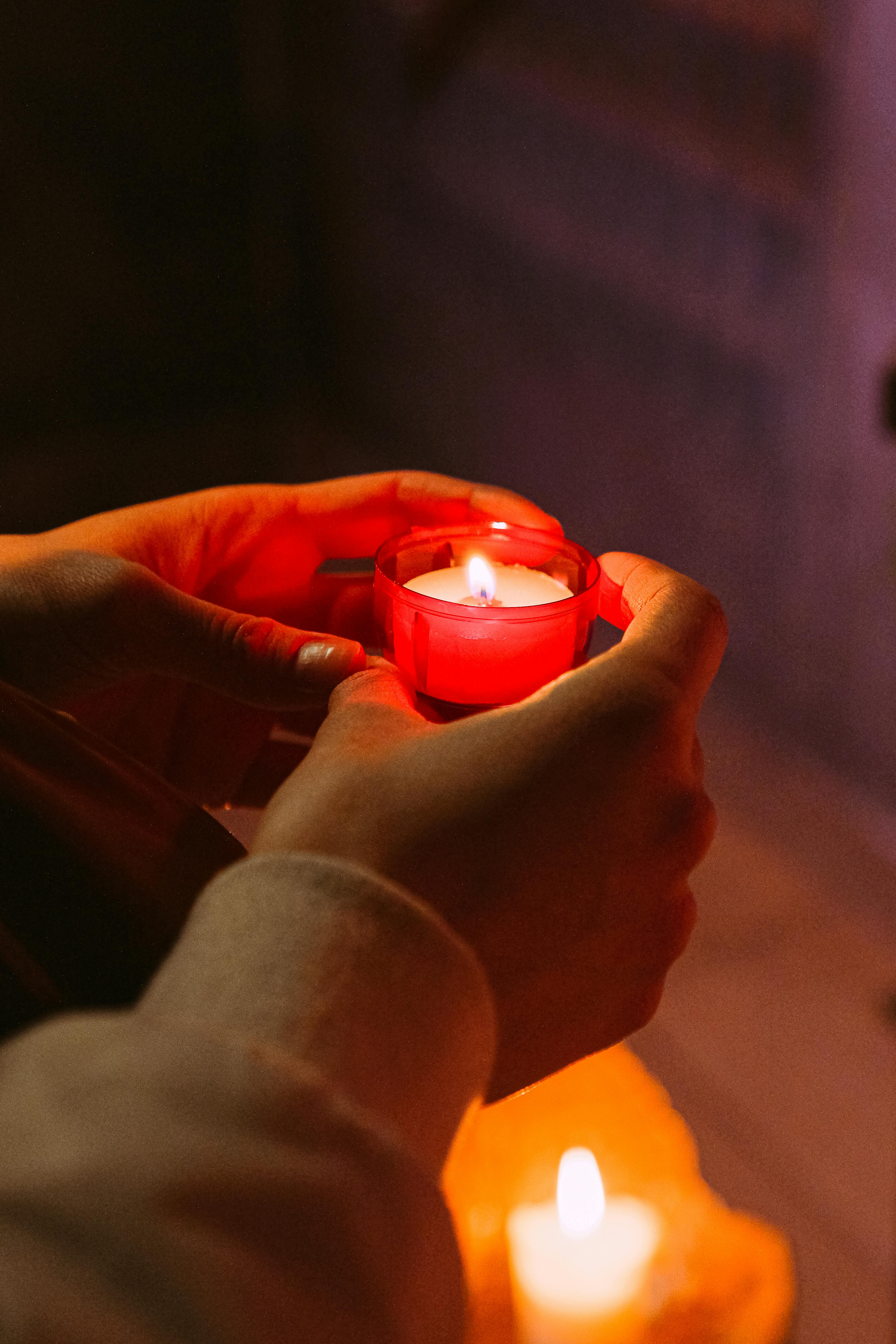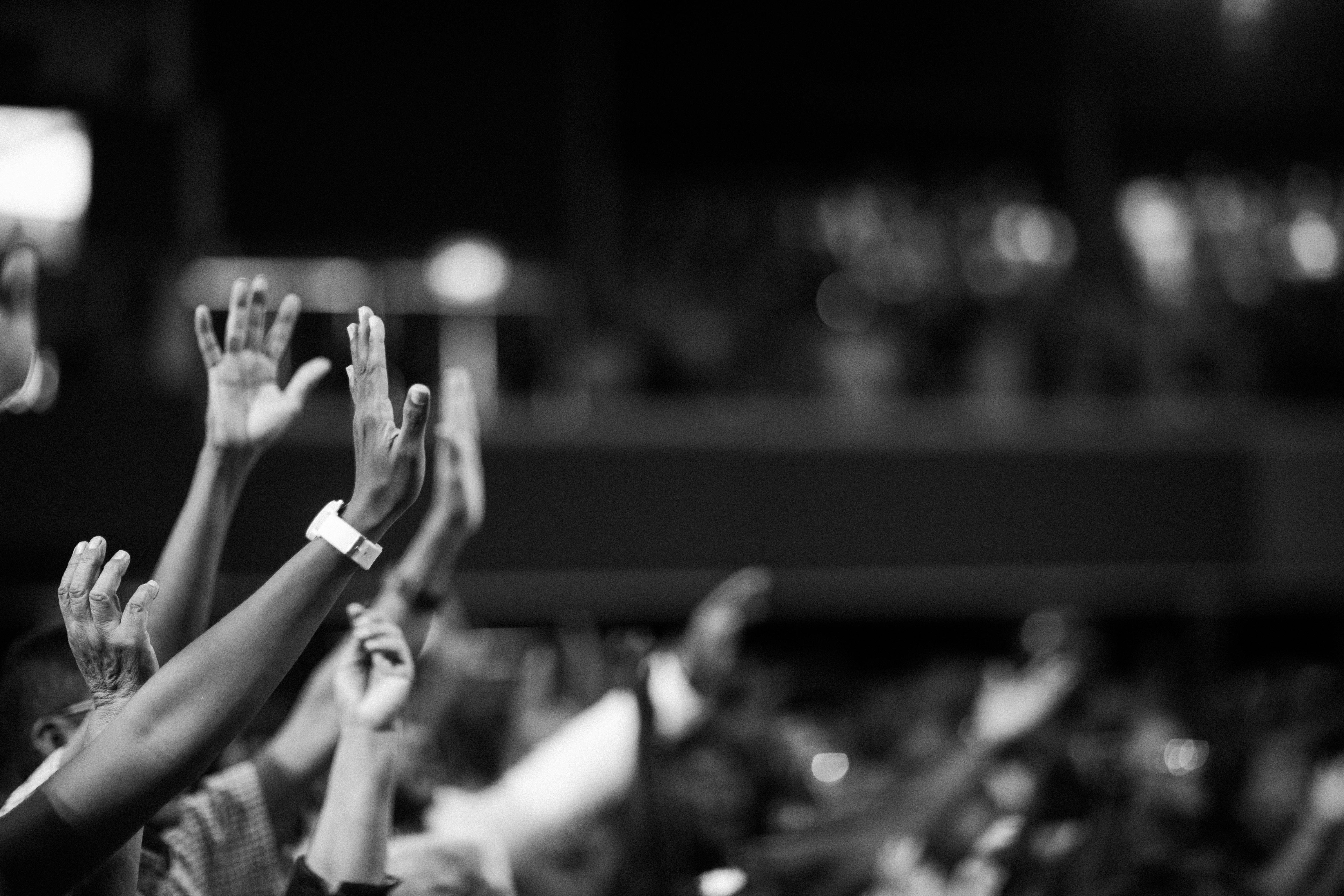Why Coaching Or Therapy Can Strengthen Your Marriage

Did you know that many married couples report feeling emotionally disconnected from their spouses on marital satisfaction? This is a silent crisis affecting families across cultures, including Muslim households. Imagine a couple, Maryam and Ahmed, sitting across from each other at the dinner table, barely speaking, their shared laughter now a distant memory. Maryam wonders if this is just “normal” after years of marriage, while Ahmed quietly worries their connection might be beyond repair. If this sounds familiar, you’re not alone. The good news? There’s a way to reignite the bond, and it begins with seeking marital coaching or therapy.
Common Challenges Faced by Muslim Couples
Communication Breakdowns:
Effective communication is the cornerstone of any healthy relationship. When couples struggle to express their needs, desires, or frustrations, misunderstandings are inevitable. Over time, this lack of communication can lead to emotional distance, resentment, and even a sense of isolation within the marriage. Without open and honest dialogue, partners may feel unheard, which can erode the emotional connection that once brought them together. Couples need to learn how to communicate clearly and empathetically to prevent these breakdowns from damaging their relationship.
Cultural and Religious Expectations:
In many Muslim marriages, balancing cultural traditions with the demands of modern life can create tension. The expectations placed on spouses whether from family, society, or religion can sometimes feel overwhelming. Partners may find themselves at odds over differing views on roles within the marriage, family responsibilities, or religious practices. These pressures can lead to feelings of frustration, inadequacy, or resentment. Understanding how to navigate cultural and religious expectations while respecting each other’s beliefs and values is key to finding harmony in the relationship.
Unresolved Conflicts:
Unresolved conflicts are one of the most dangerous threats to a marriage. When disagreements are swept under the rug or avoided altogether, they don’t disappear. Instead, they grow over time, often resurfacing in more intense ways. These lingering issues can create deep emotional wounds that make it difficult for couples to move forward together. Whether it’s a past argument, a hurtful comment, or an unmet need, unresolved conflicts can slowly erode trust and intimacy. Couples need to confront and resolve their differences in a healthy way to prevent these issues from overshadowing the relationship.
Mental Health Pressures:
Mental health challenges, such as anxiety, depression, or stress, can significantly impact a marriage. When one or both partners are struggling with mental health issues, it can make it difficult to connect emotionally, communicate effectively, or show the empathy needed to maintain a strong relationship.
In some cases, mental health struggles can lead to misunderstandings or neglect, further deepening the divide between partners. Recognizing the importance of mental well-being and seeking support is essential for maintaining a healthy, balanced marriage. Understanding that mental health challenges are part of the human experience can help couples approach these struggles with compassion and care.
Understanding these common challenges is an essential step toward healing. Marriage is a dynamic partnership that requires continuous effort, understanding, and commitment. By acknowledging and addressing these issues, couples can work together to rebuild their connection and create a stronger, more resilient relationship.
The Islamic Perspective on Marriage
Marriage: A Sacred Bond in Islam
The Quran emphasizes the sanctity of marriage as a source of peace and comfort:
“And among His signs is that He created for you spouses from among yourselves, that you may find tranquility in them, and He placed between you affection and mercy. Indeed, in that are signs for a people who reflect.” (Quran 30:21)
Islam teaches that marriage is not just a contract but a journey toward mutual growth and understanding. However, even the strongest bonds can face trials. Seeking guidance during these times is not only wise but encouraged.
What is Marital Coaching and Therapy?
Understanding the Tools for Healing:
Marital coaching and therapy are structured approaches designed to help couples constructively address their issues.
Marital Coaching focuses on providing actionable strategies to improve communication, rebuild trust, and strengthen the relationship.
Therapy delves deeper into emotional and psychological barriers, helping couples resolve past traumas or persistent conflicts.
Both methods are complementary and can be aligned with Islamic values, ensuring a holistic approach to resolving marital challenges.
How Mental Health Impacts Marital Harmony
The Link Between Islam and Mental Health:
Mental health issues like anxiety, depression, and stress don’t just affect individuals; they ripple through relationships. Islam recognizes the importance of mental well-being. The Prophet Muhammad (peace be upon him) said:
“Indeed, there is a cure for every disease.”
Acknowledging mental health struggles and seeking help aligns with Islamic teachings of self-care and accountability.
Quranic Wisdom on Resolving Conflicts
Seek Mediation:
The Quran advises:
“If you fear dissension between the two, send an arbitrator from his people and an arbitrator from her people. If they both desire reconciliation, Allah will cause it between them. Indeed, Allah is ever Knowing and Acquainted [with all things].” (Quran 4:35)
This verse highlights the importance of seeking external guidance—a principle mirrored in modern marital coaching and therapy.
Signs You Might Need Coaching or Therapy:
- Frequent Arguments: Every discussion turns into a conflict.
- Emotional Distance: You feel more like roommates than partners.
- Unresolved Resentment: Past issues keep resurfacing.
- Lack of Intimacy: Both physical and emotional closeness are lacking.
- Different Goals: You struggle to align on major life decisions.
Recognizing these signs early can prevent further deterioration.
Why Choose Ihsan Coaching?
At Ihsan Coaching, we are committed to being your partner in achieving marital harmony. We offer faith-based guidance rooted in Islamic values, helping couples strengthen their bond through solutions that align with their beliefs. Transform Your Marriage in Just 4-8 Sessions with Ihsan Coaching!
In this video, our coaching team explains how online marital coaching can strengthen your marriage. Learn how personalized guidance, expert support, and practical tools can improve communication, resolve issues, and deepen your connection, all from the comfort of your home.
With proven results, countless couples have rediscovered happiness and balance through our programs. Whether you’re looking to resolve conflicts or deepen your connection, Ihsan Coaching is here to support you every step of the way.
FAQs about Marital Coaching and Therapy
Is seeking therapy or coaching permissible in Islam?
Yes, seeking help to strengthen your marriage aligns with Islamic teachings. Islam encourages proactive steps to resolve conflicts and maintain harmony.
How can coaching address cultural conflicts in a marriage?
Coaching provides a neutral platform to discuss and reconcile differing cultural expectations, fostering mutual respect and understanding.
What if my spouse is unwilling to participate?
Start with individual coaching or therapy. Often, personal growth inspires positive change in the relationship.
Can mental health challenges be addressed in marital coaching?
Yes, many coaches and therapists integrate mental health support, ensuring a comprehensive approach.
How long does it take to see results?
Results vary but most couples notice improvements within a few sessions when they commit to the process.
Are sessions customized to Islamic values?
Absolutely. Faith-based coaching ensures all advice aligns with Islamic principles.
What’s the difference between coaching and therapy in an Islamic context?
Coaching focuses on practical tools, while therapy delves into emotional healing. Both can be faith-integrated.
Can we rebuild trust after infidelity?
Yes, with dedication and professional guidance, trust can be restored.
Is coaching suitable for newlyweds?
Yes, it helps establish strong foundations early in the marriage.
How do I choose the right coach or therapist?
Look for professionals with expertise in Islamic counseling and marital issues, such as Ihsan Coaching.
Take the First Step Today!
Your marriage is worth investing in. Don’t let unresolved issues fester. With Ihsan Coaching, you can transform your relationship into a source of joy and fulfillment. Contact us today and book your marital coaching session.
The post Why Coaching or Therapy Can Strengthen Your Marriage appeared first on Ihsan Coaching.


